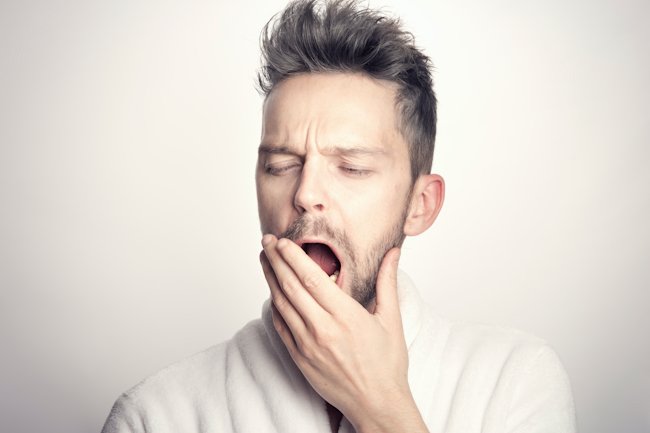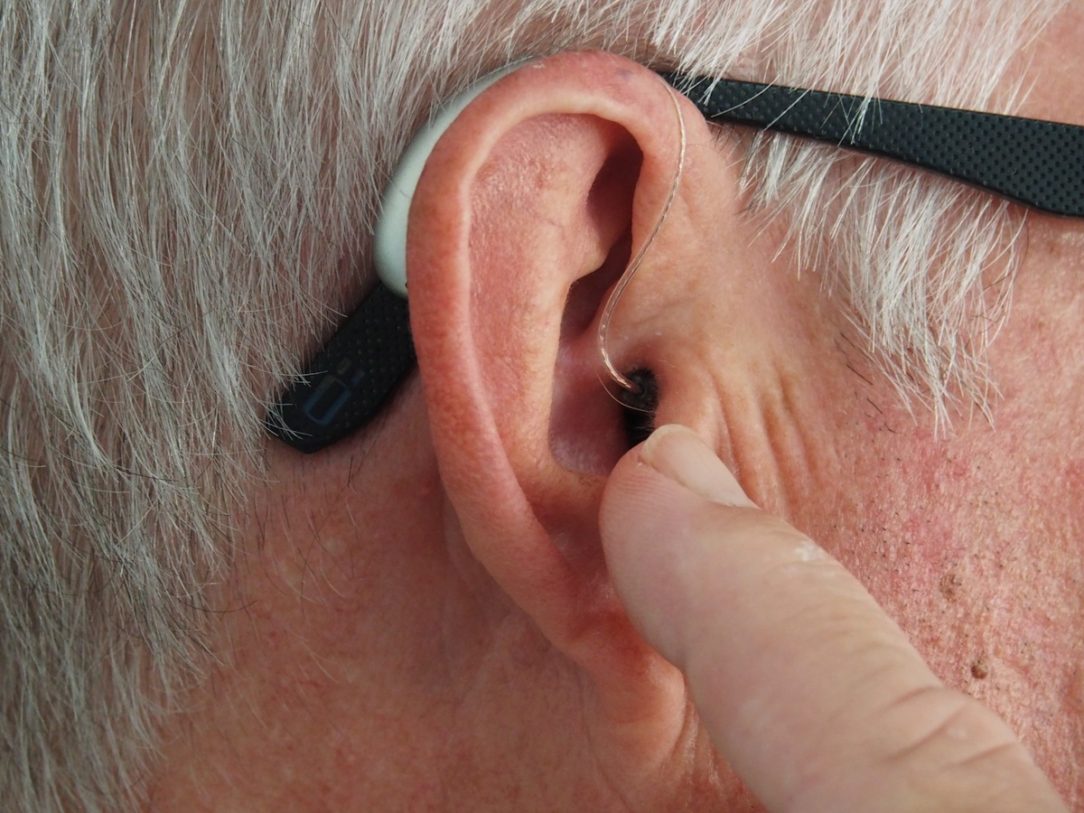Ever been on a plane, feeling like your ears are about to explode? You’re not alone. That sensation is the work of our eustachian tubes, those tiny invisible channels connecting our middle ear to the back of the nose.
You see, they’re sort of like pressure regulators for our ears – usually working so seamlessly that we don’t even notice them… until something goes awry.
A sudden altitude change or an annoying cold can make these tubes feel as blocked as LA traffic at rush hour, leading to discomfort and a muffled hearing experience.
What if I told you there were easy ways to pop and relieve pressure on your ears?
By the time we’re done here, you’ll be equipped with tips ranging from simple yawning techniques to advanced maneuvers used by scuba divers!
Understanding Eustachian Tube Dysfunction and Ear Pressure
The Eustachian tubes, tiny passageways that connect your middle ear to the back of your nose, play a crucial role in equalizing pressure. But when they’re blocked, you may feel like your ears are clogged or hear popping noises.
The Role of the Eustachian Tubes
Eustachian tube dysfunction can make it hard for these tubes to regulate air pressure properly. Normally, every swallow or yawn helps open up these tubes, allowing air to flow into the middle ear. This keeps pressures even on both sides of our eardrum – an important function for proper hearing and balance.
Changes in altitude often affect this delicate balance leading to a condition known as ear barotrauma. In fact, most folks experience this while taking off or landing during flights. Allergies and sinus infections too can cause such discomfort by creating more mucus than usual that blocks these narrow channels.
Symptoms of Blocked Eustachian Tubes
If you’ve ever felt like there’s something stuck inside your ears after swimming or flying – blame it on blocked eustachian tubes. Besides feeling clogged up, some people also report difficulties with hearing due to decreased sound conduction caused by unequal pressures across their eardrums.
Studies suggest frequent occurrences could be signs of chronic eustachian tube dysfunction which needs medical attention lest it lead to complications such as middle-ear effusion (fluid build-up) or worse – permanent hearing loss.
Natural Methods to Relieve Ear Pressure
Ear pressure can often be relieved using simple, natural techniques. One such method is the Valsalva maneuver. This involves closing your mouth and nose and gently blowing air, which helps pop the ears.
The Toynbee maneuver, on the other hand, requires you to swallow while keeping your nose closed – another effective way of popping your ears.
The Valsalva, Toynbee, and Frenzel Maneuvers
All these maneuvers are easy ways to naturally unblock a clogged ear by helping open up blocked eustachian tubes in our ears. The third technique known as the Frenzel maneuver, used extensively by scuba divers during rapid altitude changes, also aids in relieving pressure from our ears.
You may feel weird performing these exercises at first but remember that even medical treatment for such issues includes similar practices.
The Role of Yawning and Chewing Gum

Yawning or creating a fake yawn can stimulate muscles that help regulate air pressure inside our ear canal, making it one more strategy to get relief from an uncomfortable clogged feeling.
Sipping water frequently has been found beneficial too because swallowing helps equalize pressure within our eustachian tube effectively giving us relief. Did you know? Even chewing gum can serve as an excellent trick due to its repetitive jaw movement triggering the opening up of Eustachian tubes.
Remember: All three strategies—yawning, sipping water, and chewing gum—can provide quick relief by helping your ears pop naturally.
Techniques to Unblock Eustachian Tubes
If your ears feel like they’re under pressure, you might have a blocked eustachian tube. This is more than just an annoying sensation; it can lead to ear barotrauma and even hearing loss if not addressed. So let’s get into the ways we can unblock these pesky tubes.
Devices for Clearing the Ears
A variety of devices are designed specifically to help clear blocked eustachian tubes and relieve that clogged feeling in your ears. One such device is air-pressure regulating earplugs which aim to regulate air pressure within the ear canal itself.
You might also consider trying something like Otovent or EarPopper, special devices shown to effectively open up those stubbornly closed tubes according to this prospective study on Frenzel Maneuver.
The use of these devices combined with some self-care practices – such as swallowing frequently or yawning (yes, really.) – may provide relief from symptoms caused by rapid altitude changes or allergies.
The Valsalva Maneuver Method
One well-known technique among scuba divers dealing with changing pressures is called the Valsalva maneuver method. To do this simple yet effective procedure: take a deep breath, pinch your nose closed then gently blow air out through your nose while keeping it pinched shut until you hear a popping noise – that’s how you know your eustachian tube has opened.
Bear in mind though. If none of these methods seem helpful over time, reach out for professional medical treatment from a healthcare provider who specializes in ENT services. They can prescribe nasal corticosteroids or even perform minor procedures to help relieve the pressure and get you feeling better.
Preventing Ear Pressure and Infections
Your ears might feel like they’re hosting a rock concert, but it’s not because of loud music. It could be due to blocked eustachian tubes. Let me explain why this occurs and how to prevent it.
The Role of the Eustachian Tubes in Preventing Clogged Ears
The eustachian tubes are tiny passageways connecting your middle ear to the back of your nose. They play a vital role in regulating air pressure within your ears. If these tubes get blocked due to reasons such as a sinus infection or head cold, you’ll experience discomfort akin to having clogged ears.
Ear infections can also lead to tube blockage resulting in hearing loss if left untreated.
Avoiding Air Pressure Changes for Healthy Hearing
Rapid altitude changes can cause what we call ‘ear barotrauma’. This medical term refers specifically to injuries caused by changes in air pressure. Divers and flyers often deal with this issue – sudden descent into water or rapid ascent during takeoff can put undue stress on our delicate auditory system.
Maintaining Clear Airways with Decongestants
If congestion is giving you grief, don’t hesitate. Over-the-counter decongestants offer effective relief from stuffy noses that contribute significantly towards ear blockages. Check out some options here.
Nasal corticosteroids may also be a great help to alleviate pressure and keep your eustachian tubes open. Get counsel from your healthcare specialist prior to beginning any new medicine.
FAQs in Relation to Easy Ways to Pop and Relieve Pressure on Your Ears
How do you relieve ear pressure that won’t pop?
You can try yawning, swallowing, or using a Valsalva maneuver. If these don’t work, consider special devices like the EarPopper or Otovent.
How can I pop my ears easily?
To easily pop your ears, try the Frenzel maneuver or simply chew gum. These actions help regulate air pressure in your middle ear.
Conclusion
Dealing with clogged ears doesn’t have to be an uphill battle. We’ve covered a lot of ground on easy ways to pop and relieve pressure on your ears, so let’s recap.
You now understand the crucial role of eustachian tubes in regulating ear pressure and how symptoms like a blocked feeling or popping noises can hint at dysfunction. Knowledge is power!
Natural methods like yawning, swallowing, or performing simple maneuvers can offer relief from that uncomfortable ear pressure. Remember these techniques next time you’re ascending into the clouds on a flight!
We explored devices designed for clearing ears – handy tools that help open up those pesky eustachian tubes! Keep them in mind if natural methods aren’t enough. Above all else: prevention is key. Avoiding sinus infections and managing allergies can keep your hearing crystal clear and free from discomfort.

